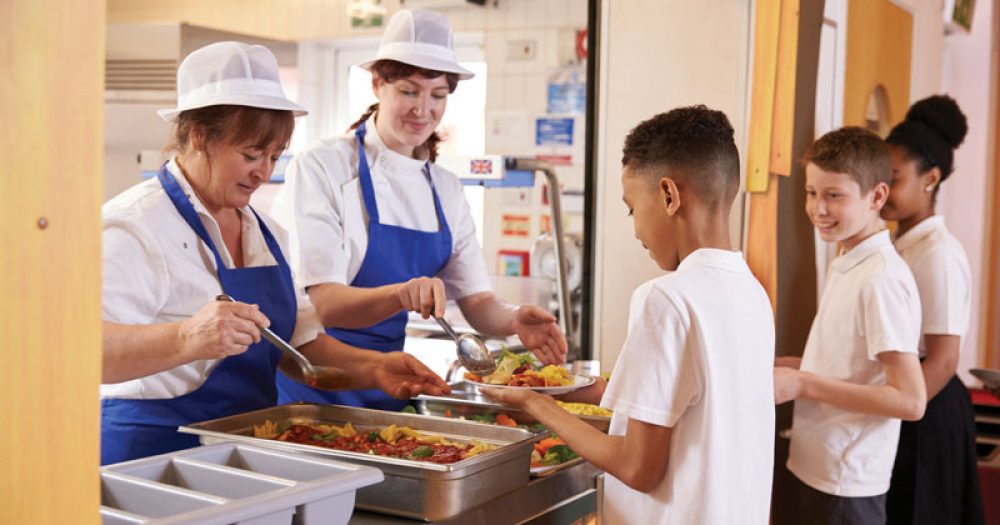The number of pupils eligible for free school meals in England has risen to almost 1.9 million, an increase of almost a third since the beginning of the Covid-19 pandemic.
The Department for Education said the 9 per cent increase in eligibility between January 2021 and 2022 was “is in line with those increases seen prior to the pandemic”, following a much larger 21 per cent increase between 2020 and 2021.
Taken together, the two increases since January 2020 mean that over 450,000 more pupils, are now eligible for free school meals, a rise of 32 per cent over two years.
Julie McCulloch, from the ASCL school leaders’ union, warned it was “simply unacceptable that so many young people live in such difficult circumstances”.
The data was published today as part of the government’s schools, pupils and their characteristics dataset, based on the school census in January.
Here’s what we learned.
1. Free school meals rate continues to rise
Almost 1.9 million pupils are now eligible for free school meals, representing 22.5 per cent of all pupils.
This is an increase of around 160,000 pupils, or 9 per cent since January 2021, when 1.74 million (20.8 per cent) were eligible.
However, the rise is around half of the large increase seen last year, when the number of eligible pupils rose by around 300,000, due in part to fallout from the Covid-19 pandemic.
The DfE said the the percentage of pupils eligible for free meals had been increasing before Covid struck, and the increase to January 2022 was “in line with those increases seen prior to the pandemic”.
It added that due to “transitional protections” for some benefits, pupils did not lose eligibility as easily as they gained it.
The highest eligibility rate was seen in the north east of England, where 29.1 per cent of pupils qualify, compared to 17.6 per cent in the south east.
2. Pupils numbers breach 9m mark
As of January this year, there were 9,000,031 pupils in all schools across the state and private sectors.
This represents an increase of 88,000, or around 0.9 per cent, on the previous year.
A population bulge caused by a baby boom in the 2000s is currently working its way through the school system, leading to higher numbers of children reaching secondary age and lower numbers of pupils moving in to primary school.
The state secondary school population grew by around 2.1 per cent in the year to January 2022, from around 3.49 million to 3.56 million.
Meanwhile, the number of pupils in state primary schools decreased from around 4.66 million to 4.65 million, a fall of around 0.1 per cent.
The state special school population increased by 5.8 per cent from 134,176 to 142,028.
3. Private school numbers rise for first time in five years
Independent schools reported their highest pupil numbers since 2018, following a year-on-year rise of 2.1 per cent, to 581,427.
The number of pupils on roll at private schools had been in steady decline since 2017, when 583,268 pupils were reported . This was also the last year that the sector reported an increase in pupil numbers.
There was also an increase in the number of independent schools operating – rising from 2,366 to 2,394.
4. Pupil referral unit population drops by 9%
The number of pupils in pupil referral units (PRUs) has continued to fall, decreasing by around 9 per cent, to 11,700 as of January this year.
This follows a much larger 17 per cent drop last year.
As was the case in previous years, most PRU pupils are boys – 72.2 per cent.
The sector also has a higher proportion of pupils eligible for FSM – 54.6 per cent, compared with 22.5 per cent in the wider population.
The DfE said a further 11,100 pupils had a “dual subsidiary registration” in a PRU, meaning their main registration was in another school.
















Your thoughts